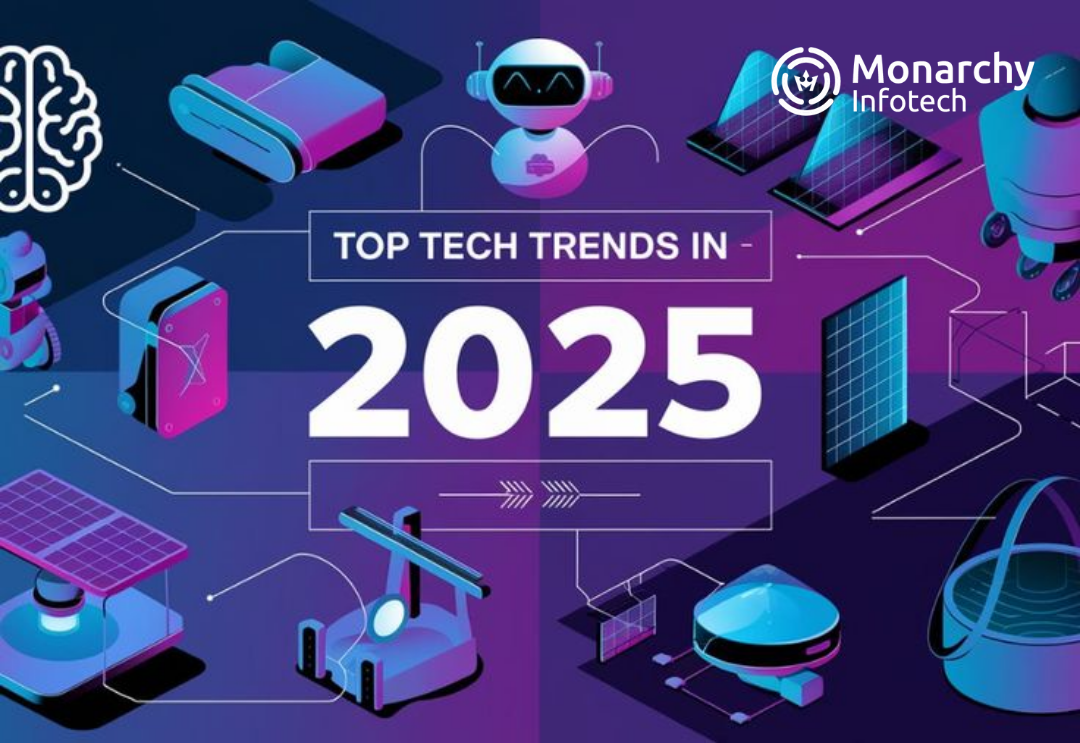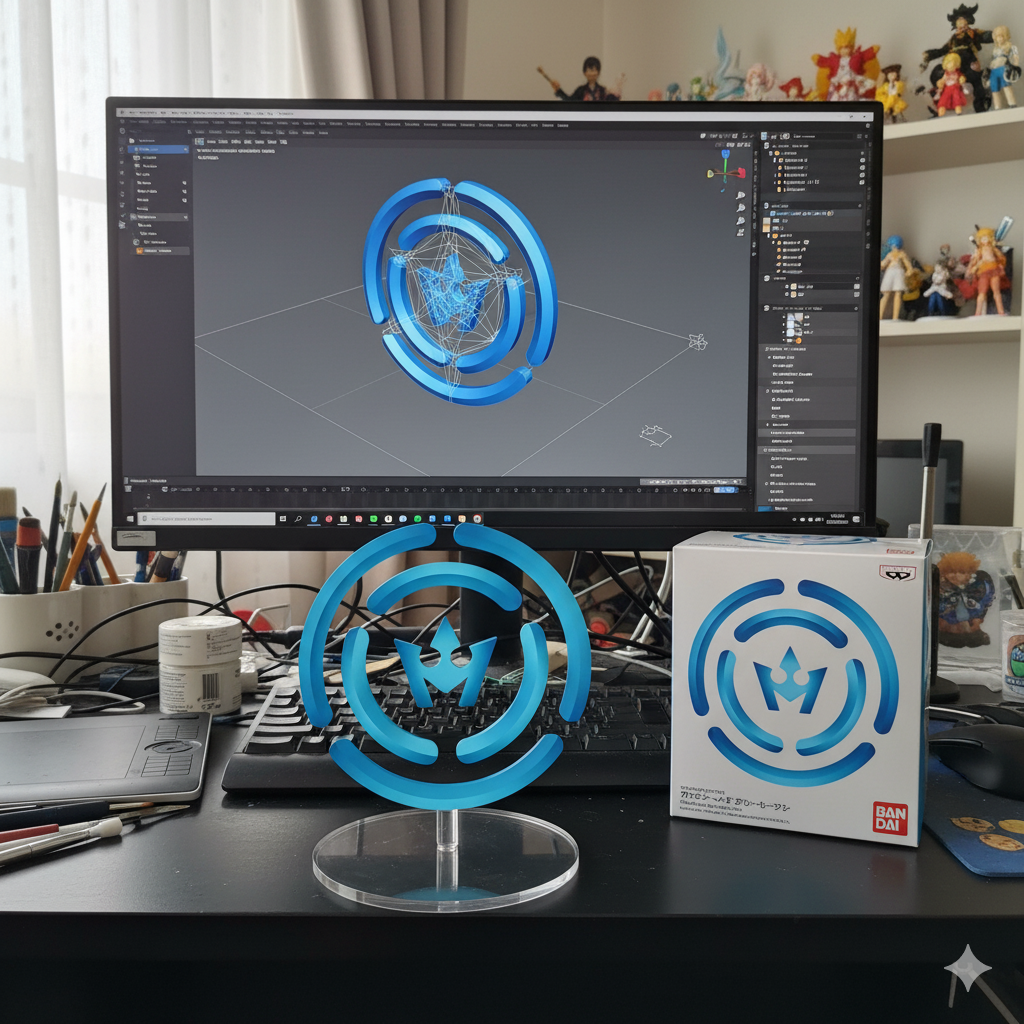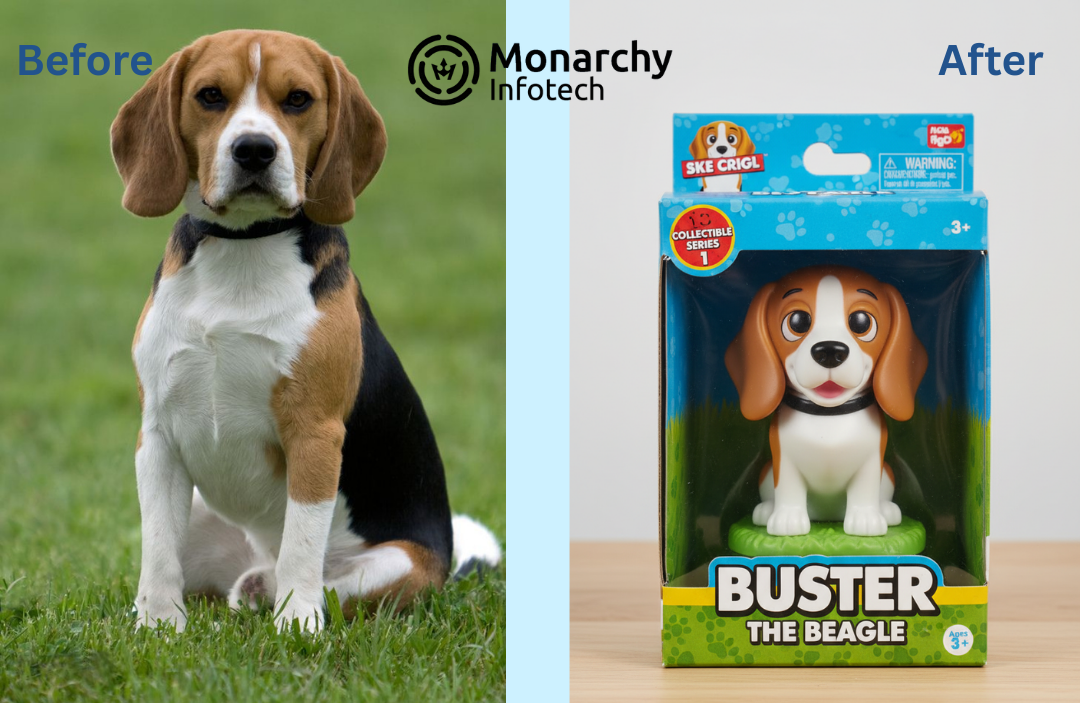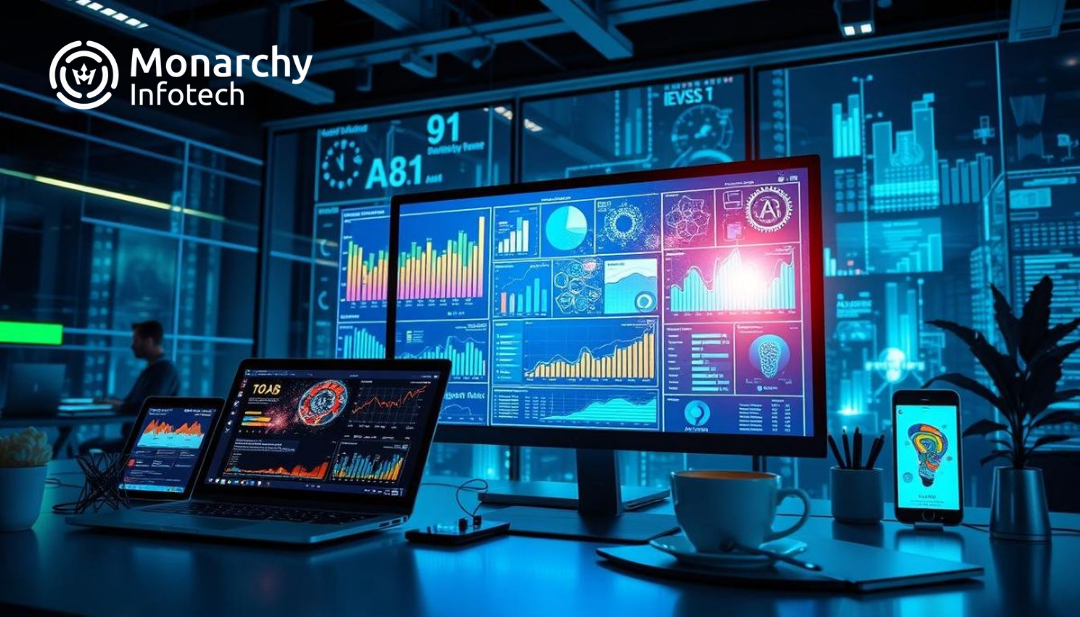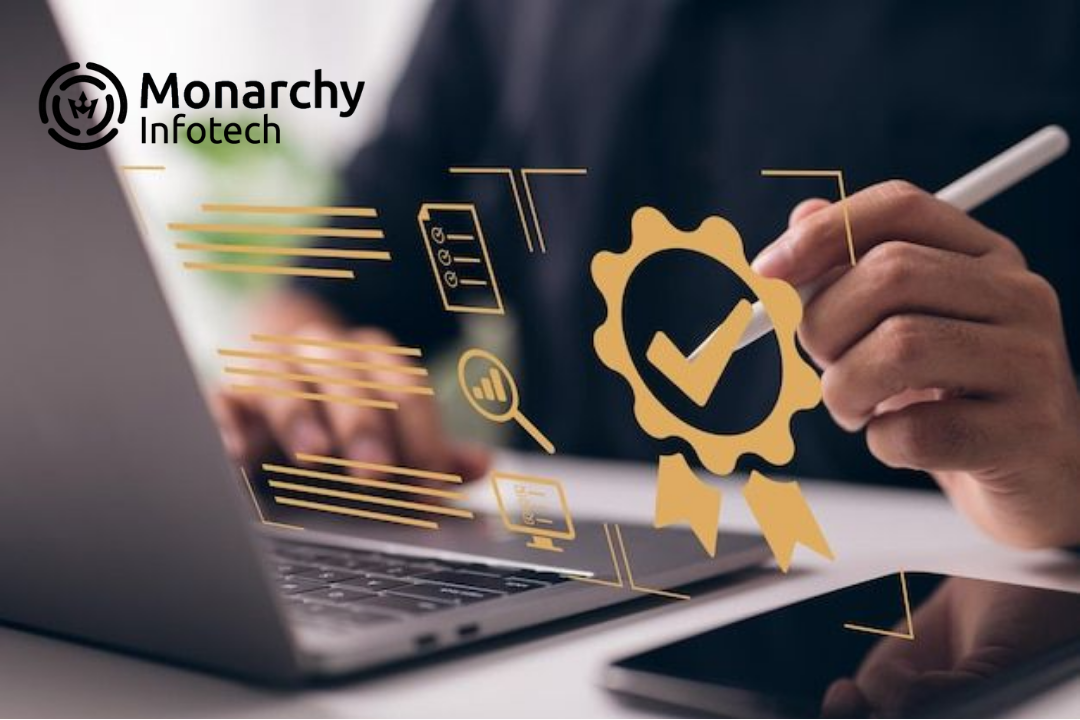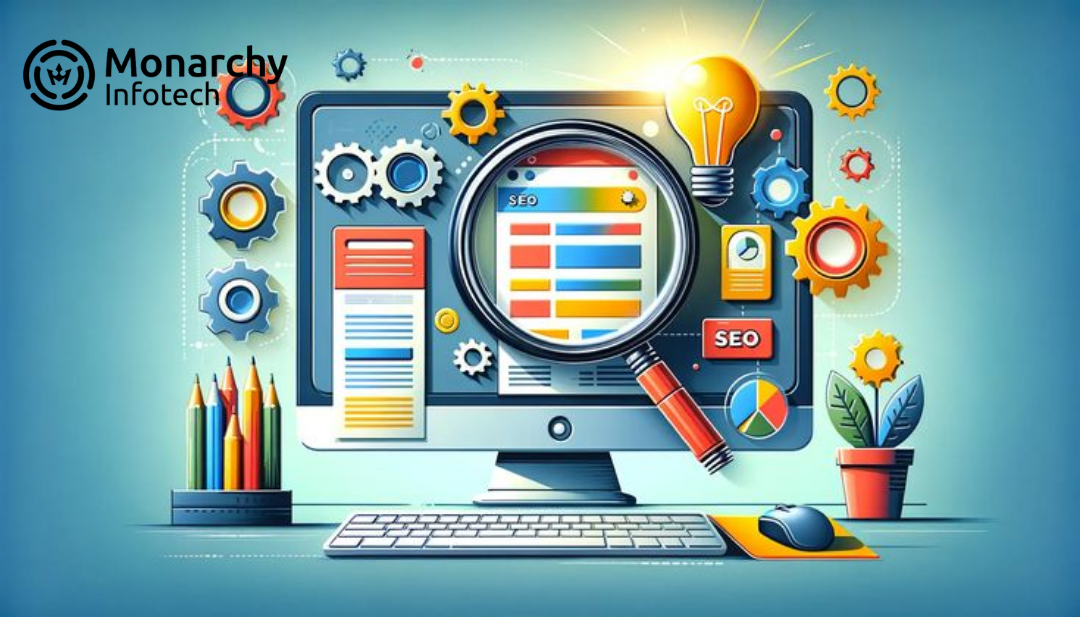The technologies that are defining our daily lives in 2025 are accelerating us towards the future. From augmented reality and generative AI to smart cities and autonomous systems, this blog investigates how innovations in the present are building the template for life in 2030. Find out how these next-generation trends are reshaping work, communication, and our experience of the world.
Life in 2030 Begins Now: 2025 Tech That's Transforming Reality
We used to think of the future as distant — flying cars, AI assistants, and smart cities were like science fiction. But in 2025, all of these visions are no longer fantasies. They're real, and they're transforming our reality at a pace that's never been faster.
As we sit here in the midst of this technology transition, it's becoming apparent: life in 2030 is already here. The technologies that are surfacing in 2025 are building the infrastructure for a very different world — one that is more intelligent, more interconnected, and highly embedded with artificial intelligence.
1. AI Everywhere: Your New Daily Assistant
AI is no longer confined to labs or enterprise solutions. In 2025, it's woven into everyday life — from personalized education platforms to AI co-pilots in the workplace. Tools like OpenAI’s ChatGPT, Google Gemini, and Meta’s Llama are becoming as ubiquitous as smartphones.
By 2030, AI won’t just answer questions — it will anticipate needs, schedule your week, and even help manage your emotions through affective computing.
2. Spatial Computing & the Emergence of Mixed Reality
Apple's Vision Pro and other XR headsets are transforming the way we engage with digital information. Spatial computing enables users to merge the physical and digital realms — trading screens for immersive worlds.
Flash forward to 2030, and we may be witnessing virtual offices, holographic conferences, and entire digital economies constructed within augmented sheets of our reality.
3. Autonomous Everything: Cars to Workflows
Autonomous cars are closing in on mass adoption, with pilot projects growing in intelligent cities worldwide. Autonomy, though, isn't limited to transportation.
Logistics robotic automation, intelligent factories, and even domestic AI robots (you know, like AI butlers) are becoming increasingly prevalent in 2025 — a harbinger of a world where repetitive tasks are increasingly automated.
4. Sustainable Tech: Greener, Smarter, Cleaner
Green tech is no longer a secondary effort — it's central to innovation in 2025. Solar glass, energy grid automation with AI, carbon capture entrepreneurs, and green urban planning are all part of the dash to climate targets by 2030.
Individual sustainability tech — from smart home energy monitoring to AI-driven food waste — is making individuals lower their impact without realizing it.
5. Hyper-Personalized Everything
From AI-moderated news streams to personalized medicine, 2025 is the year of customization. Wearables track your vitals in real time. Health websites personalize diet and exercise regimens. Even fun is being made user-centric with AI-created stories, music, and video.
By 2030, personalization will also come to education, relationships, and even the cities we live in — changing to suit individual habits and tastes.
6. Challenges Ahead: Ethics, Privacy & Control
With all that progress comes a urgent need for regulation and ethical reflection. Who are in charge of the data? How do we avoid algorithmic bias? As AI increases its power, 2025 is also a year of reckoning — fueling worldwide discussions on digital rights, deepfakes, surveillance, and disinformation.
What we choose now will determine the freedoms and limits of the 2030s.
Last Thoughts: The Future Is Already Here
The distance between dreams and action is reducing. Technologies formerly tagged as "next decade" now shape our everyday lives. If we are curious to know what 2030 will be like, we do not have to wait — we merely have to examine 2025.
As these trends gain speed, our task isn't to catch up — it's to create the future on purpose, with responsibility, and with imagination. Because the future isn't coming. It's already here.
